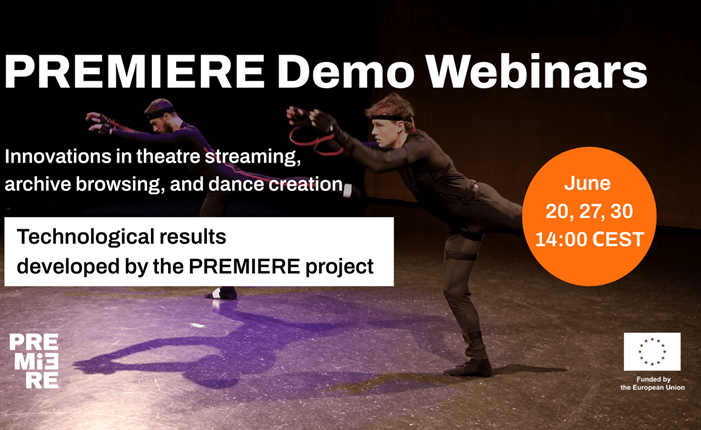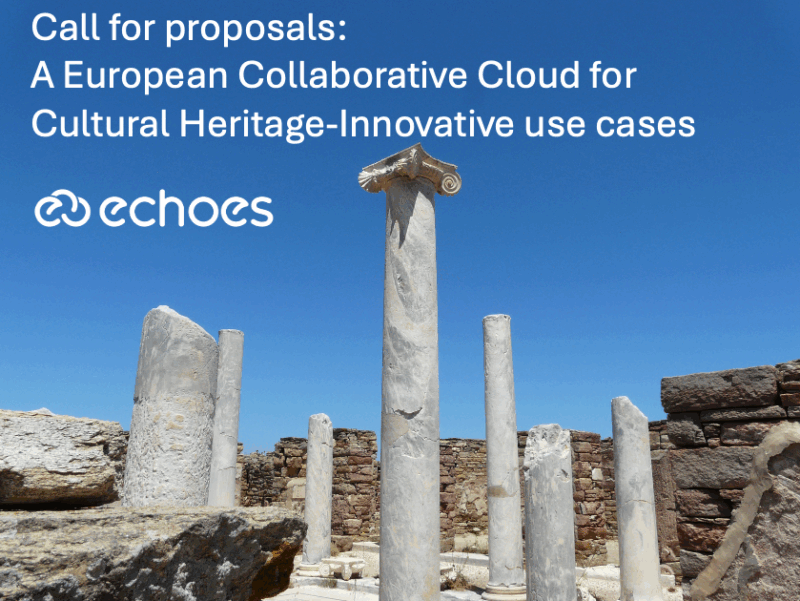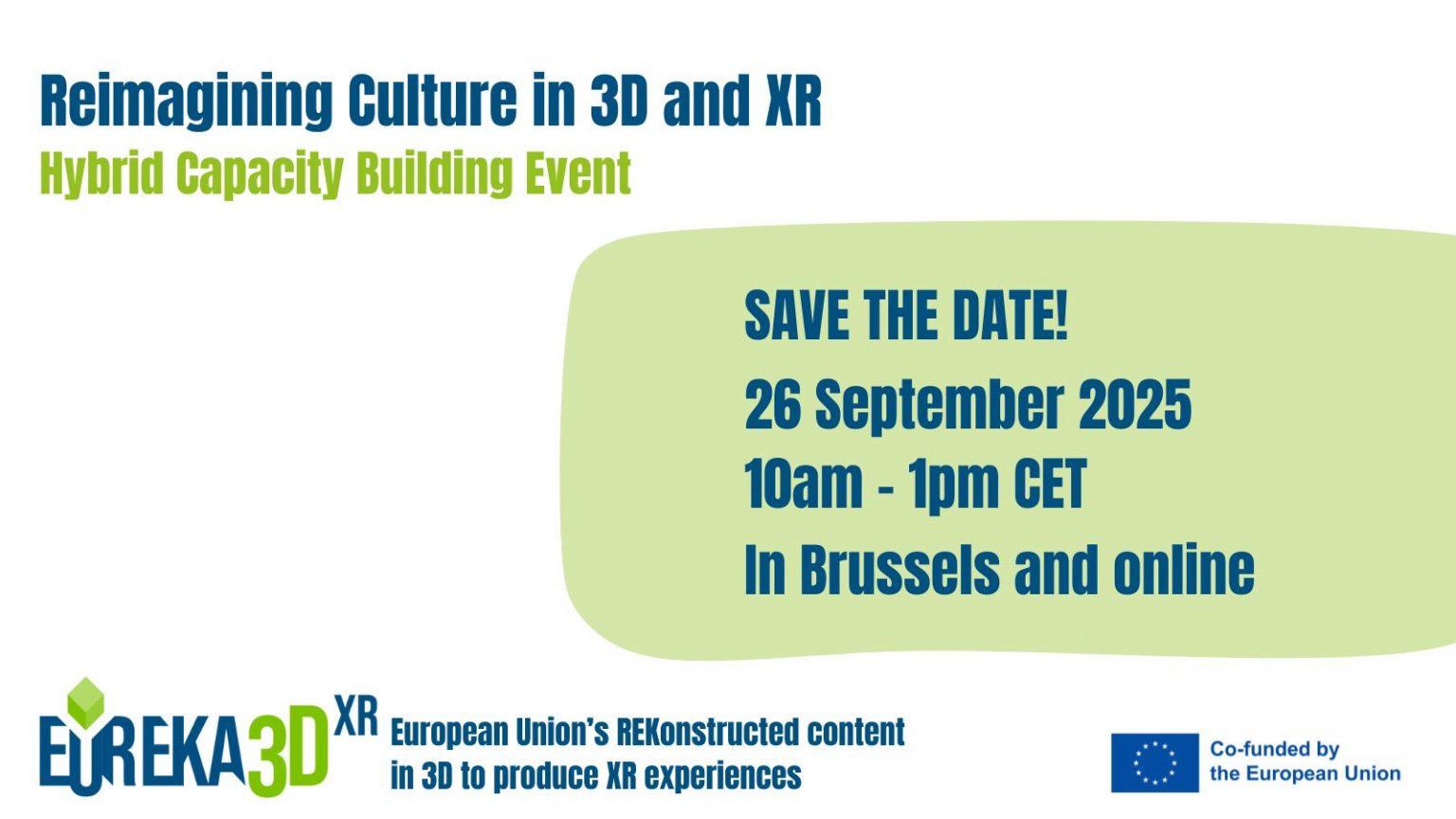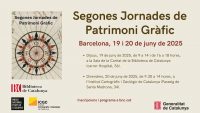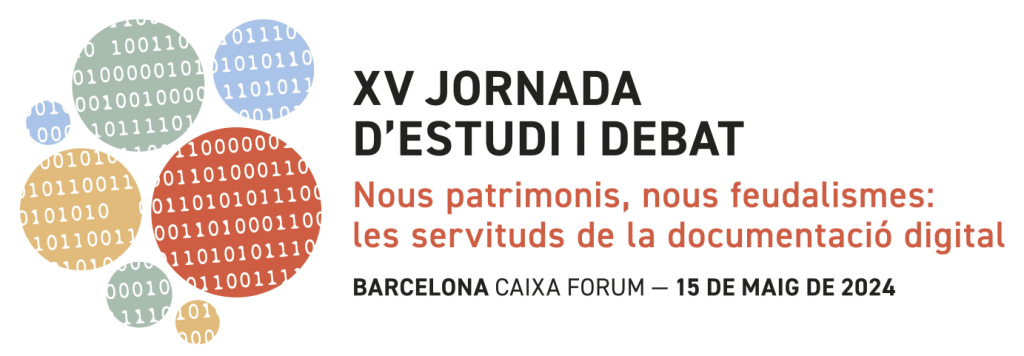
The Conference, which is structured around three lines of debate, aims to reflect on the future of digital heritage and the dependencies and cooperations that germinate in the liquid age from a scientific, social and humanistic perspective, while transiting between theoretical reflection and analysis of practice:
- [DIGITAL ASSETS] What do we guard? This line reflects on the object itself (concept of digital heritage) and the archival challenges we face. (axis 1)
- [PROCESSES, TECHNOLOGY] How and where do we guard it? This line aims to reflect on the different technological models and the custody of digital heritage, as well as the technological challenges that arise from them. (axis 2)
- [PEOPLE] Who guards? This line revolves around the aspects linked to the Catalan digital heritage strategy, such as the organizational structure, competences and the democratization of access. (axis 3)
The Conference wants to echo the theoretical concerns, and practical and political concerns, and give answers – or at least reflect – on the questions raised, and it is conceived as a space for debate between areas of knowledge as diverse as archival and document management, economics, communication or law. Only a multidisciplinary conversation and reflection can help us understand the transformations and the social and political dynamics that are generated and the effects that these dynamics can have on the future of digital heritage.
The conference is organized by the Professional Association of Archives and Document Management of Catalonia.
Website: https://arxivers.com/congressos-i-jornades/jornades-destudi-i-debat/xiv-jornada-2022-2/
Speakers
- Josep-Maria Arauzo-Carod
- Rocío Campaña Mora
- Pilar Campos Martínez
- Rubén Cortés Domingo
- Jordi Ferrer Guillén
- Antonella Fresa
- Olga Giralt
- Oscar González Aguilar
- Jaume Sardà Font
- Sonia Torreblanca Valverde
- Jordi Vilamala Salvans


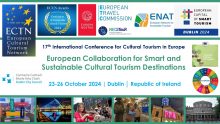
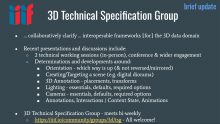
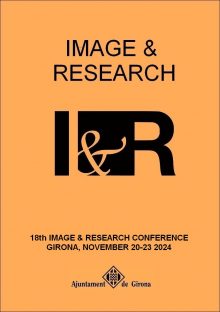
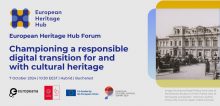
 If you have interesting news and events to point out in the field of digital cultural heritage, we are waiting for your contribution.
If you have interesting news and events to point out in the field of digital cultural heritage, we are waiting for your contribution.
